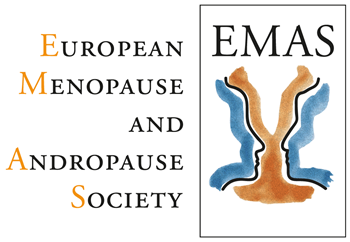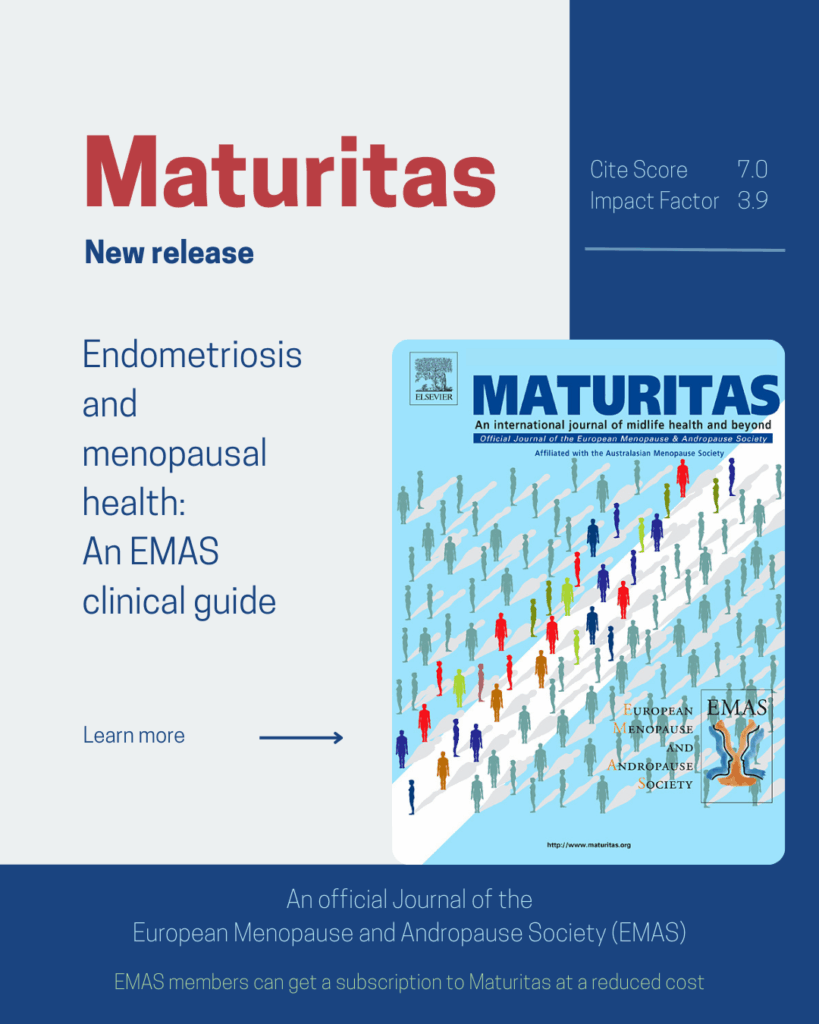EMAS Issues New Clinical Guide on Endometriosis and Menopausal Health
The European Menopause and Andropause Society (EMAS) has published a new clinical guide providing evidence-based recommendations for the management of endometriosis in women during the menopausal transition and after menopause.
Endometriosis, though primarily affecting reproductive-age women, may persist or recur after menopause. Additionally, early or premature menopause—whether spontaneous or surgically induced—can affect long-term health outcomes.
The recommendations emphasise the role of menopausal hormone therapy (MHT) in managing vasomotor and genitourinary symptoms, as well as in preserving bone health. Continuous combined estrogen–progestogen regimens are preferred over sequential or estrogen-only approaches, including hysterectomized women, to prevent recurrence and malignant transformation of residual endometriotic lesions. For women unable to use MHT, non-hormonal pharmacological and skeletal-protective strategies should be considered.
This clinical guide highlights the need for individualised, multidisciplinary care and shared decision-making to optimise outcomes in postmenopausal women with a history of endometriosis.
These and other recommendations, presented in EMAS’ clinical guide, are published in the article “Endometriosis and menopausal health: An EMAS clinical guide” in the latest issue of Maturitas.

